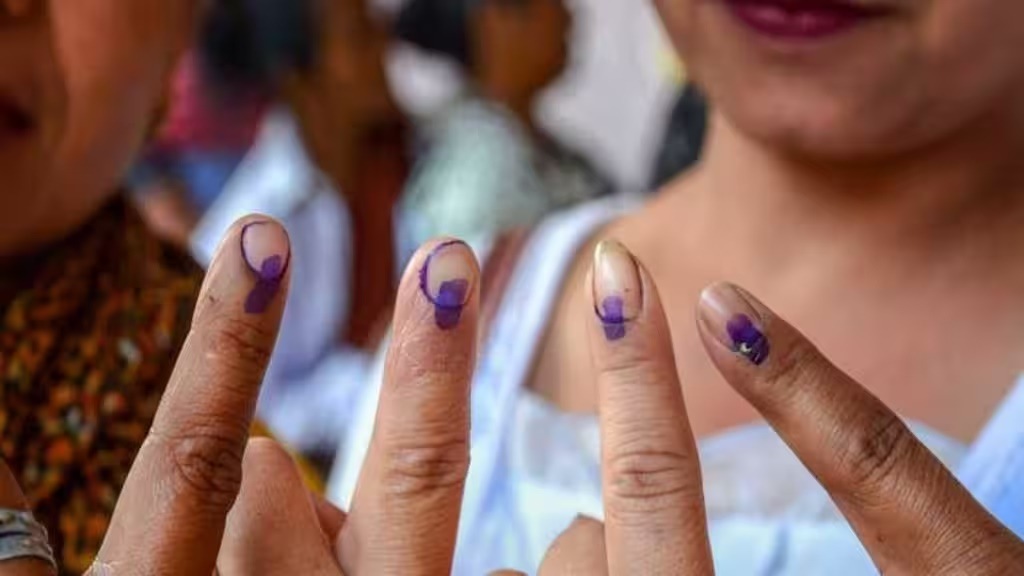The Law Commission of India is all set to hold a meeting with all its members on Wednesday to finalise its report on the issue of holding simultaneous elections in the country based on the idea of ‘One Nation, One Election’.
The Commission is likely to frame tentative timelines for simultaneous polls for the 2024 and 2029 cycles, according to an Indian Express report.
The report by the 22nd Law Commission, which will be submitted to the Law Ministry, will be one of three — the other two reports are on the minimum age of consent under the Protection of Children from Sexual Offences (POCSO) Act, and the recommendation of a law to provide for online filing of First Information Reports.
Also Read: Law Commission sets ball rolling on Uniform Civil Code, seeks public views within 30 days
The Law Commission’s report is set to be submitted days after the government, citing “national interest”, formed a high-level committee headed by former President Ram Nath Kovind to “examine and make recommendations for holding simultaneous elections” to Lok Sabha, state Assemblies, municipalities and panchayats.
On September 23, the panel chaired by Ram Nath Kovind held its first meeting which was attended by committee members Union Home Minister Amit Shah, Union Law Minister Arjun Ram Meghwal, former Rajya Sabha Leader of Opposition Ghulam Nabi Azad, former Chairman of the Fifteenth Finance Commission N K Singh, former secretary-general of Lok Sabha Subhash C Kashyap and former Chief Vigilance Commissioner Sanjay Kothari.
Outlining the modalities of working of the Committee, the Committee decided to invite recognised national political parties, political parties in power in different states, political parties having their representatives in Parliament and other recognised state political parties to seek suggestions or viewpoints on the issue of simultaneous elections in the country.
In 2018, the 21st Law Commission headed by Justice B S Chauhan (retired), in a draft report, had also recommended the ‘One Nation, One Election’ idea.
However, given “the complexity of the issues involved,” the Commission had said that it was “desirable to have further discussions and examination on the matter, involving all the stakeholders, once again, before making final recommendations to the Government.”
Also Read: One Nation, One Election – Explained, idea and arguments around it
The term of that Commission ended before a final recommendation was made.
The 22nd Law Commission was constituted for a period of three years in February 2020 but its chairperson, Justice Ritu Raj Awasthi, former Chief Justice of the Karnataka High Court, was appointed in November 2022.
In February this year, when the Commission’s tenure was set to end, the government extended its term up to August 31, 2024.

